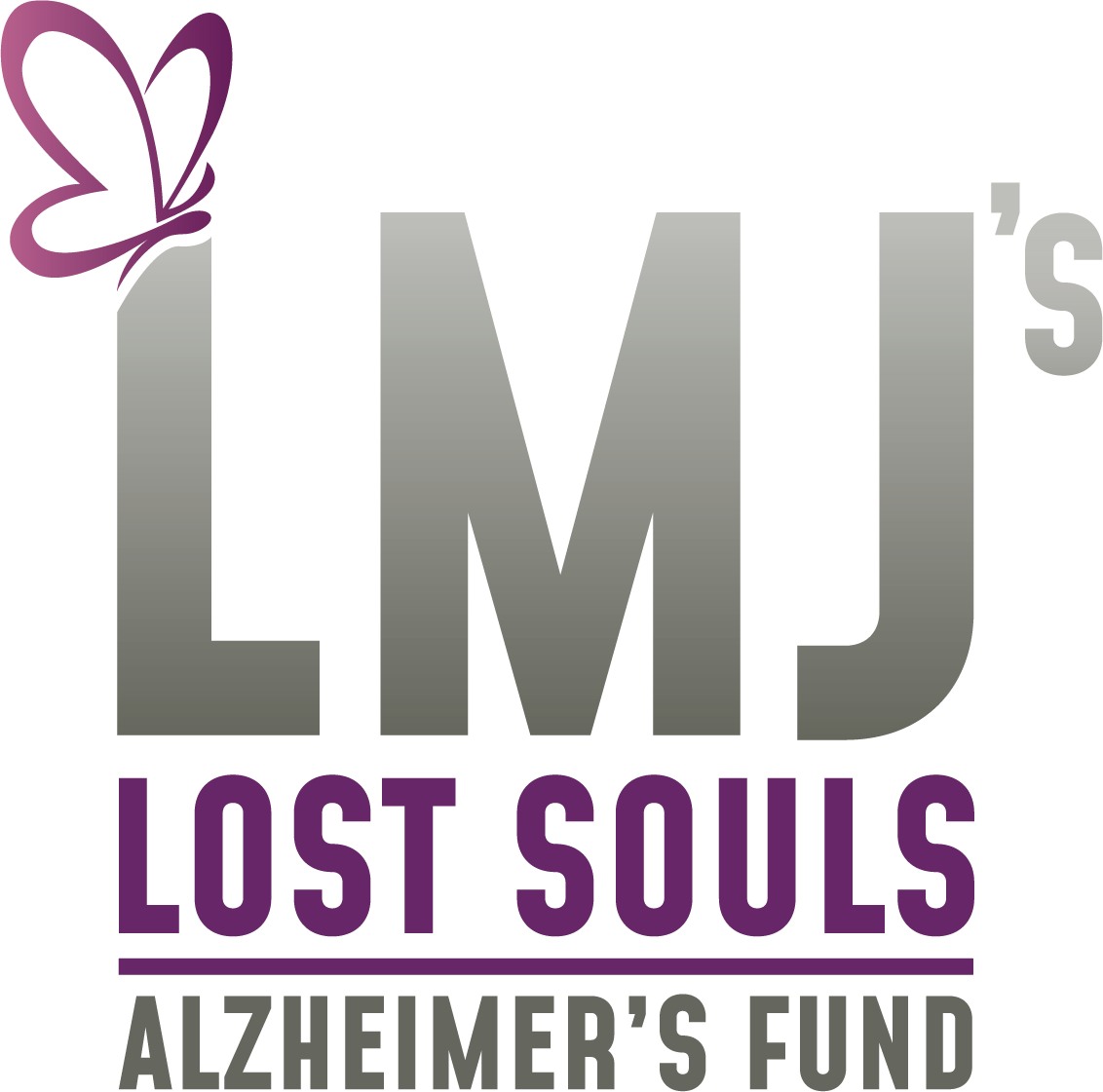Betsy's Story: Why I support Alzheimer's Disease
Alzheimer's disease is a devastating illness that affects millions of people worldwide, including Betsy Skibinski and her family.
Betsy's mother, Jeanie Gibbs, showed signs of Alzheimer's when Betsy was in her early 40s. At first, Betsy didn't fully understand what that meant, because back then, there wasn’t a lot of information being discussed about the disease. She thought that her mother would simply forget things and show confusion, but as the disease progressed, she saw first-hand, the toll it took on her mother's cognitive and physical abilities, as well as her emotional well-being. It was a shock to witness the progression of Alzheimer's. Jeanie had always been such a vibrant and independent person involved in many clubs and events, so seeing her struggle with the disease was heartbreaking.
During Jeanie’s 12 year battle, there became a time when she no longer recognized Betsy, no longer spoke or interacted with people. However, she would walk around the facility or sit in a chair…always with a smile on her face. Betsy, just happened to be with her mom when she passed away. “Although it was a long process, I loved my mom so much, and I know, in my heart, I did the very best I could to support her and show her love. This loss left a big hole in my heart and created a desire to make a difference for others affected by this disease.”
Betsy supported the cause for many years before she got involved with the team Lost Souls. By bringing awareness for Alzheimer’s funding care, support, and research, she became an active Team Ambassador for LMJ’s Lost Souls- Alzheimer’s Fund, a nonprofit 501c3.
To honor her mother's memory, Betsy found a way to connect with others who have been impacted by Alzheimer's. She enjoys her sense of purpose that comes from publicly speaking to professional and community groups, sharing her story and committing to finding a cure for this disease. In addition, Betsy participates in fundraising events which creates an awareness to the cause.
In conclusion, Betsy's story illustrates the personal impact of Alzheimer's and the importance of supporting efforts to find a cure.

